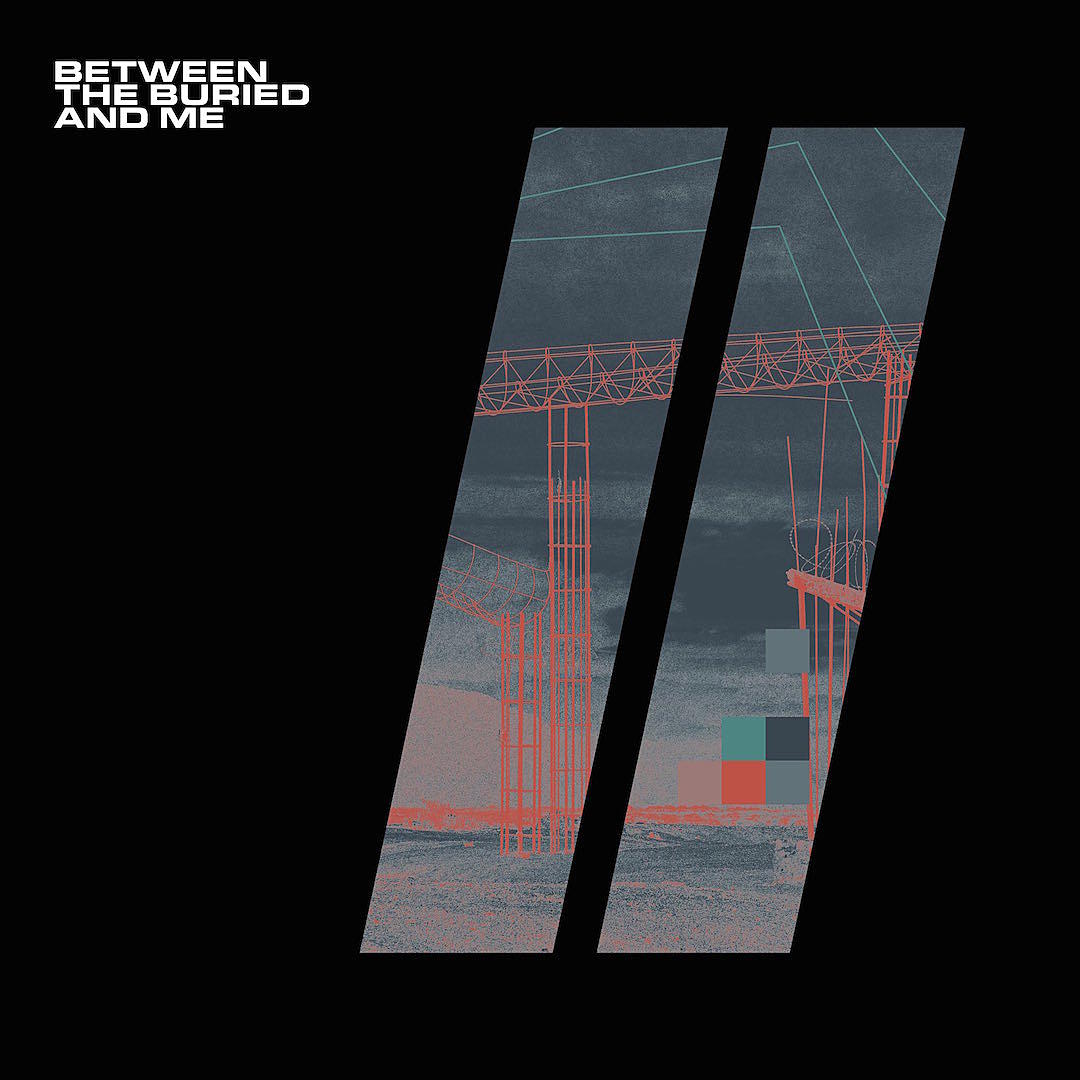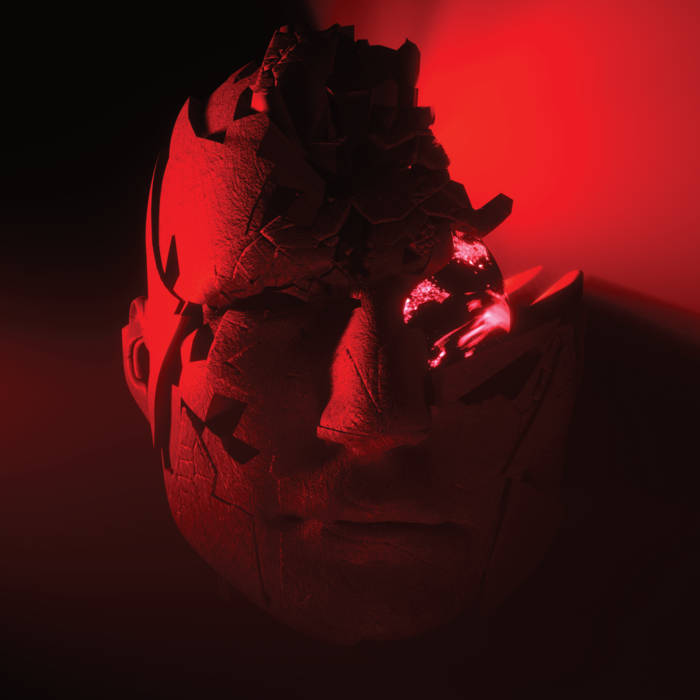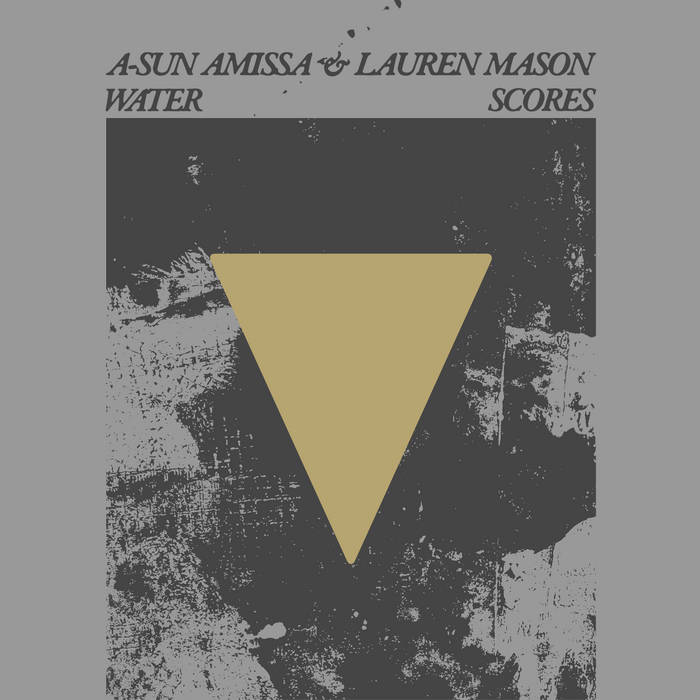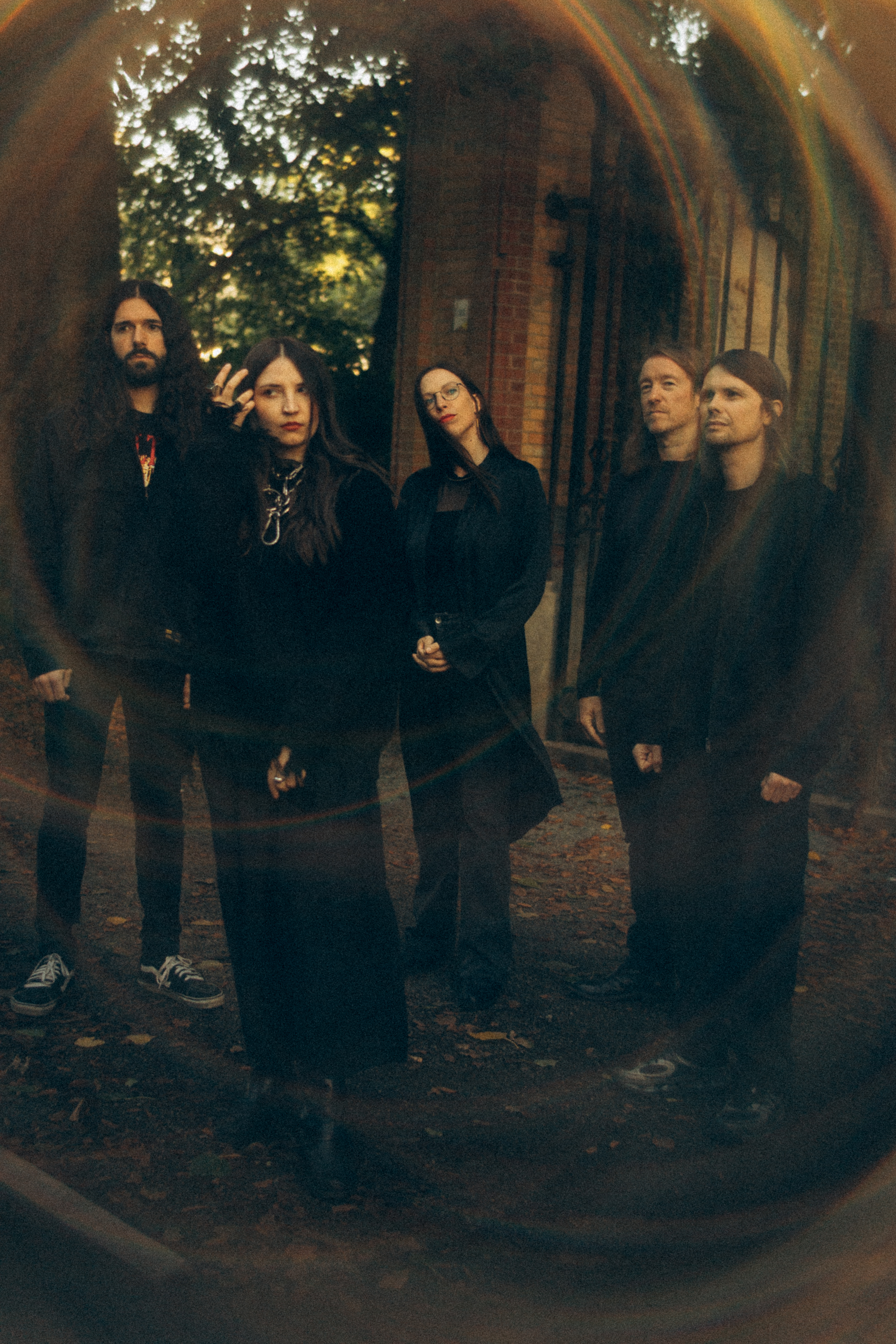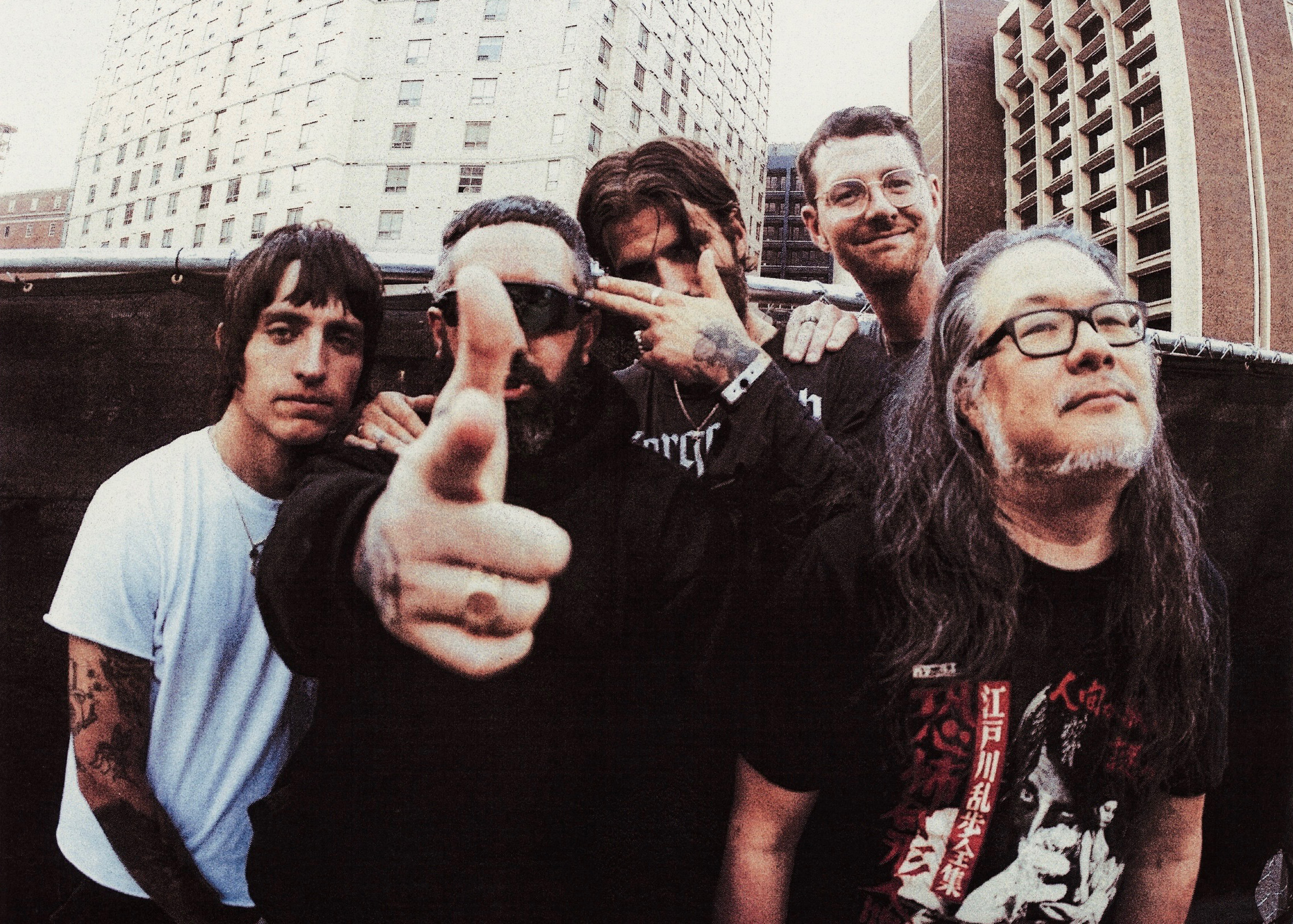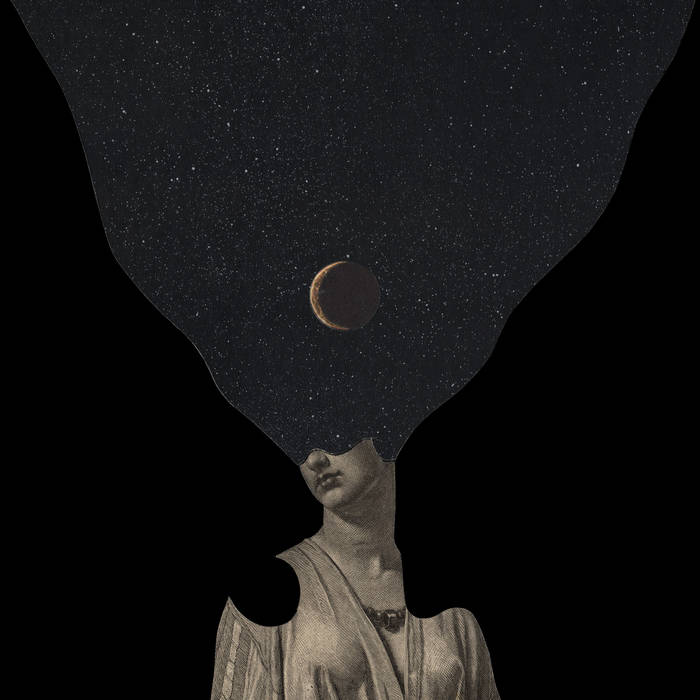Presented by three labels, which are all somehow nebulously located between esoterism, ethnic music, psychedelics, occultism, avant-garde and metal in the creative voltage field between East and West, it’s hard to imagine an album more suited to communicate those ideas in a more primal and genuine way than this solo record of CZLT.
The name is an abbreviation for the Belgian Guillaume Cazalet, member of various musical projects, of which the Drone/Doom/Free Jazz big band Neptunian Maximalism, who co-headlined this year’s streaming version of the Roadburn Festival and is recently making the most massive waves in the underground.
Where said band’s sensational triple-disc debut album Éons was pouring with - guess what? - excessive maximalism, CZLT is also eclectic, yet packages it a more subtle, on first listen seemingly reduced form.
The instruments are sitar and an accordingly microtonally tuned barytone guitar. The genre is Drone Metal. The “metal” part however is rather a formality, which is based on a certain underlying basic gloom and first and foremost on the associations which come with the guitar sound.
But the most typical traits, which at least any headbanger not familiar with Sunn O))) (or in combination with the sitar also the reference-worthy Bong) would connect with metal, don’t apply to this album, which consists of two unnamed, drum-less longtracks. Cliché or not, but for the most part metal, no matter if frantic, grooving, stomping, it is the kind of music that demands movement and rewards it with cathartic discharge.
Junkyard, however, rather encourages you to float in a timeless state and recharge. CZLT is drone. And Drone per se, one could argue, isn’t even a genre, but one of the most primal and integral elements of music in general. Every ancient culture knows its own drone instruments, which help to ascend to a space beyond this world. And where there is no physical tool to be plucked, bowed over, hit or blown, the human larynx steps into the breach, like we famously know from those monks in the heights of the Himalayas.
Cazalet is also using this resource here, just as skillfully yet not as much in the foreground as with Neptunian Maximalism. The Tibetian-inspired chants together with noises of electronic origin belong to an ominous strand of sound, which as a texture is undivisibly interwoven with the dominant, patiently thundering guitar and the permanently soloing sitar above it.
Junkyard is an album of long, imperceptile build-up. It pretends stillstand and invites your soul to levitate in its motionlessness. Albeit in truth it seethes and grows under the surface, scarcely below the threshold of obvious perception. It is the slow opening of the eyes of a giant waking up. And where you believed to have set your mind on empty, cleansing pullthrough, indeed there sporulates a deep profound inspiration.
Admittedly, there are already several albums with a similar effect in my record shelves. What still makes CZLT’s work stand out among those is the density in which (metal) modernity and tradition are inseparably molten together in it. The key to that may simply lie in the depths to which the pieces of the puzzle are explored. Guillame Cazalet doesn’t only know his effect board by heart, but he also strives for knowledge and mastership with sitar and throat singing. As a result this record not only paints its deep and distorted boom with an aesthetic exotic colour, but also in its well-founded virtuosity satisfying on an intellectual level comparable to the art of composers like Eyvind Kang or Jóhann Jóhannsson.
If you’re already a fan of meditative guitar drones and orientalisms, Junkyard is basically a no-brainer. Anyone else should just light a single candle under the starry summer night sky, put on headphones and give this a try.


